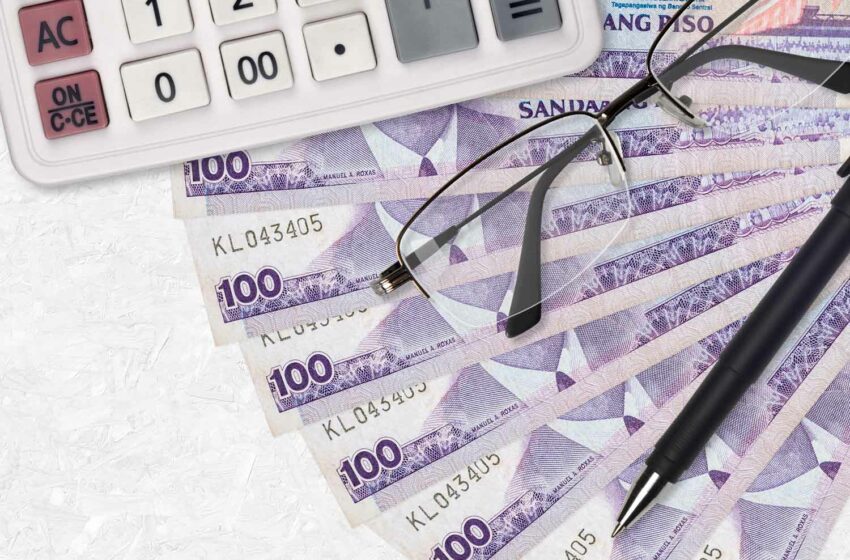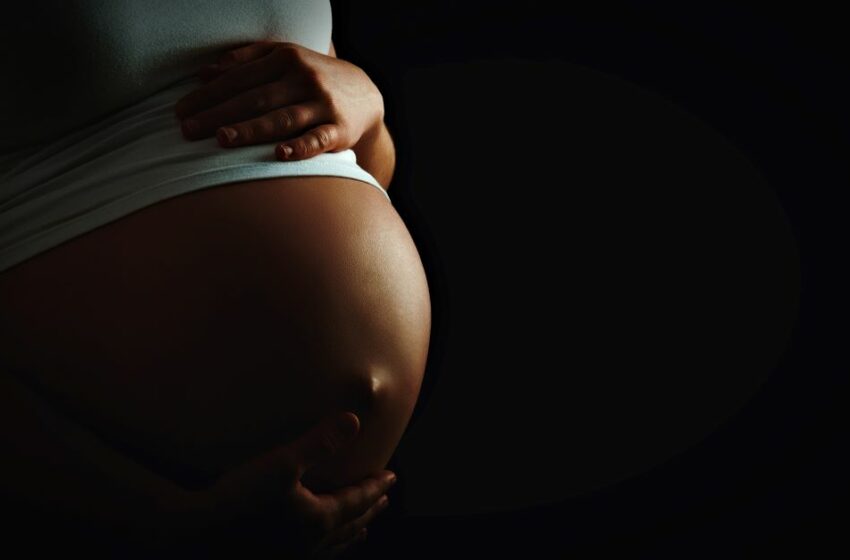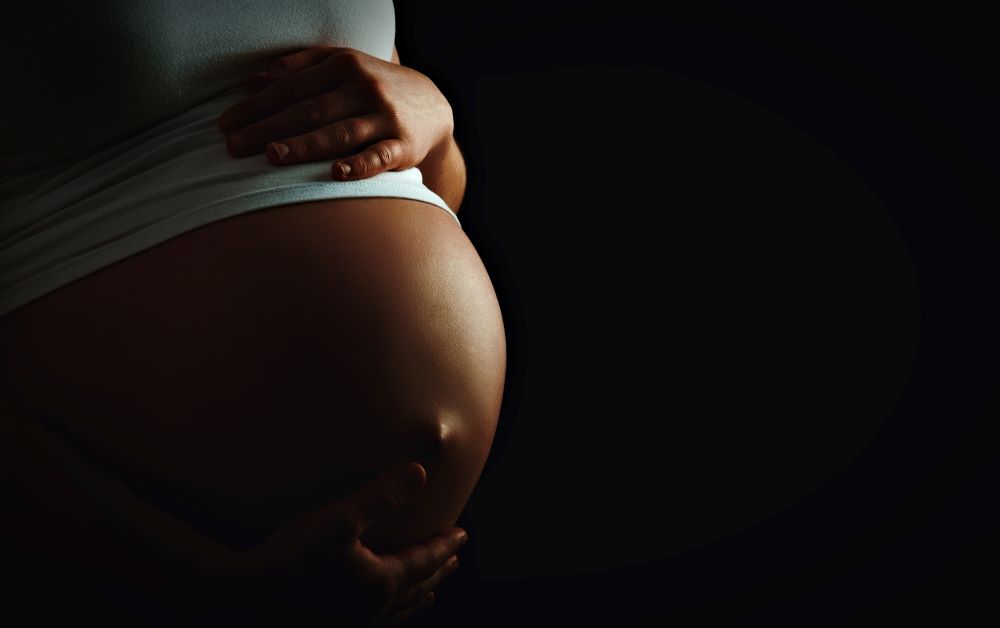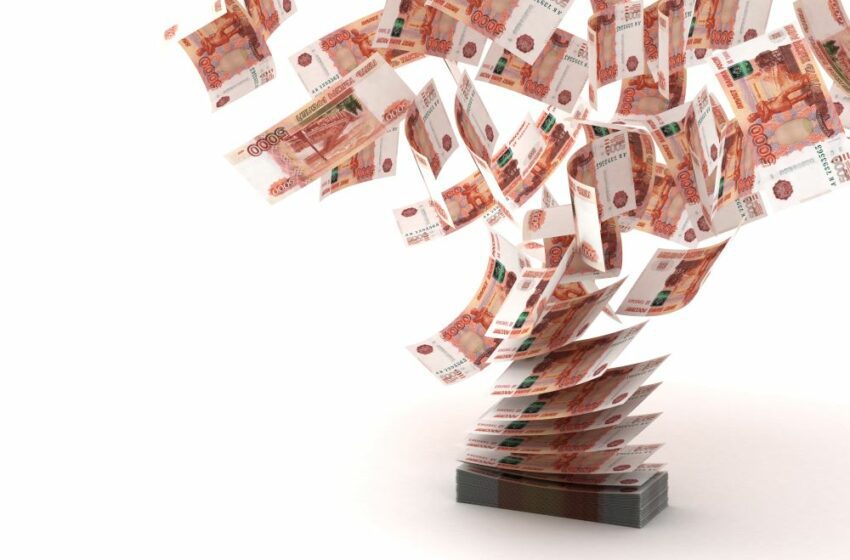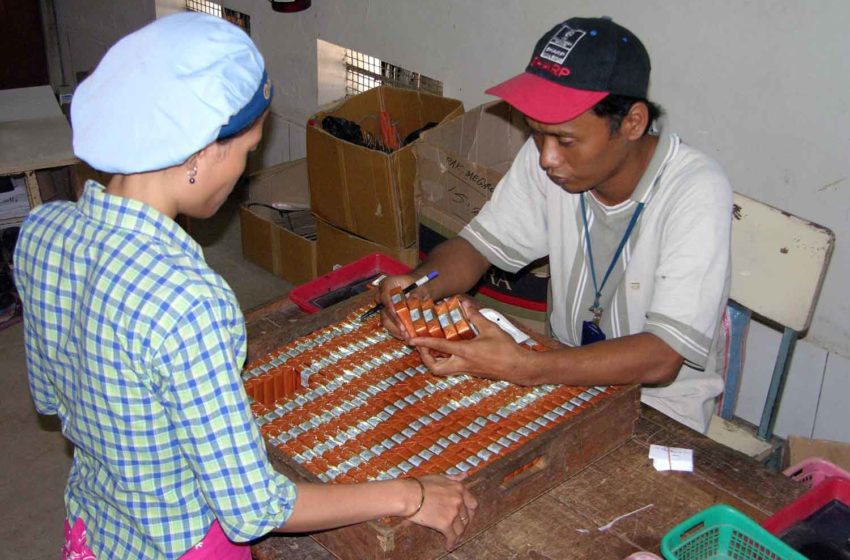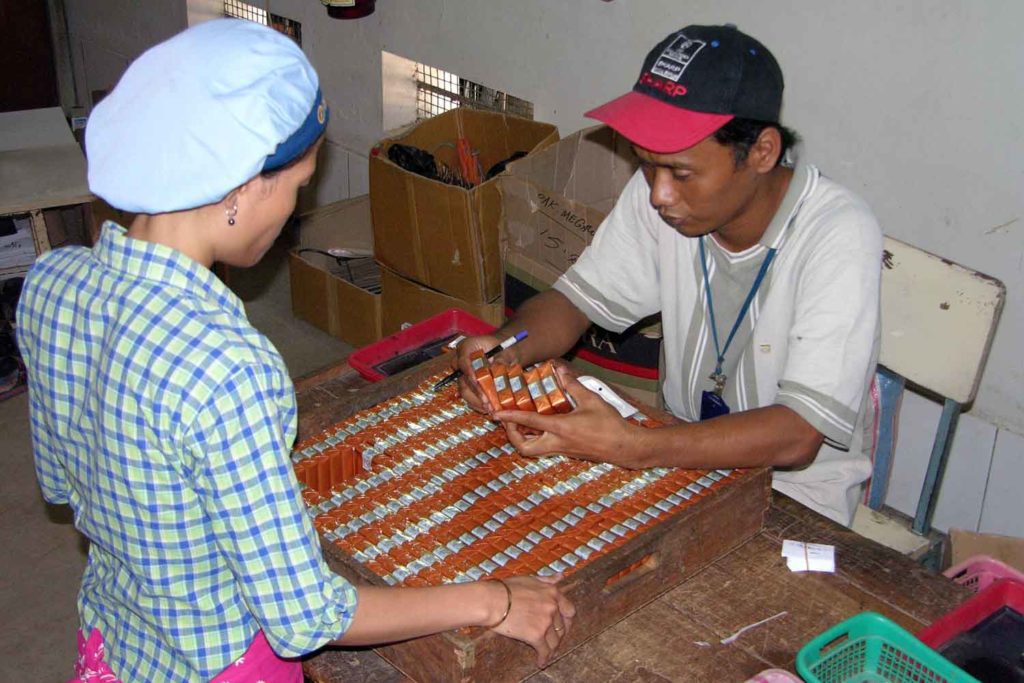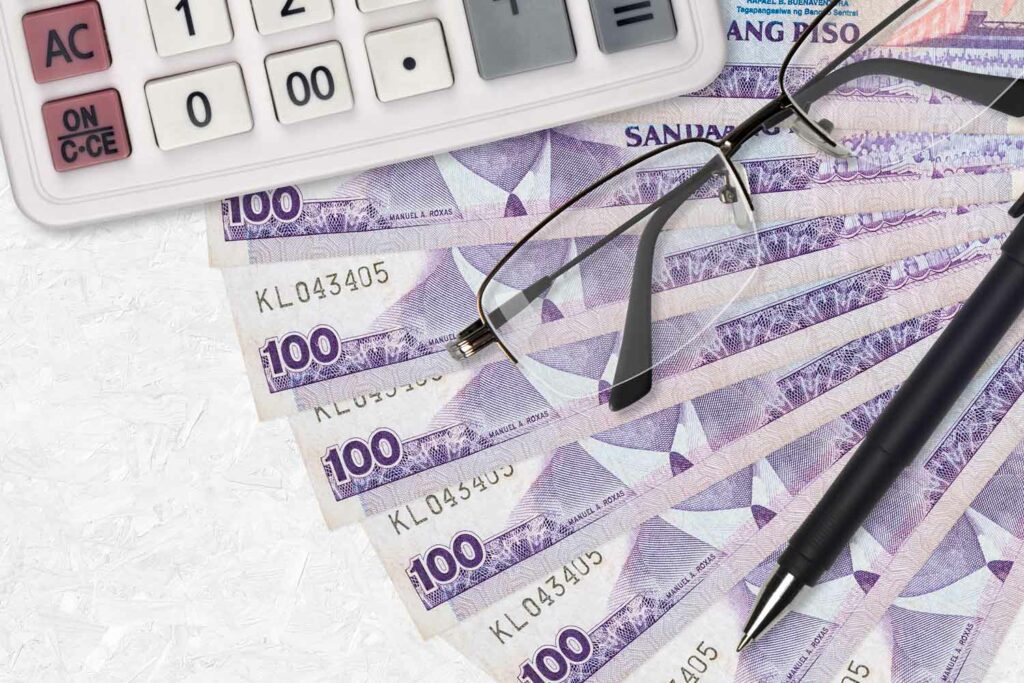
The Philippines Court of Tax Appeals (CTA) granted part of a refund claim by Philip Morris Philippines Manufacturing in the amount of PHP32.04 million ($564,407), which represents its unused input value-added tax (VAT) traced to zero-rated sales in 2015, reports Business World Online.
The court ruling stated that Philip Morris was able to prove its entitlement to the amount by proving that sales invoices were actual shipments from the Philippines to foreign countries for export sales.
“The court finds that even without the reopening of the trial at the division level, the submissions made by Philip Morris clarifying certain tabular presentations/summaries of its alleged zero-rated sales may already be reconsidered,” Associate Justice Catherine T. Mahan said in the ruling.
Zero-rated sales are transactions made by VAT-registered taxpayers that do not translate to any output tax. Taxpayers must present official receipts that are attributable to a specific fiscal period, with the term “zero-rated” being written on them to qualify for a 0 percent rating.
Philip Morris previously sought a refund of PHP90 million covering excess input VAT for 2015, which was partially granted by the CTA Third Division—the commissioner of internal revenue (CIR) was ordered to issue a refund of PHP31.18 million to Philip Morris.
The CTA said the CIR failed to present new arguments that would call for a dismissal of the case while the CIR argued that the CTA should have rejected Philip Morris’ appeal since the export sales were not proven to be paid in acceptable foreign currency in line with the applicable rules. The CTA disagreed, stating Philip Morris has submitted acceptable bills showing that the shipments were paid for in acceptable foreign currency.

